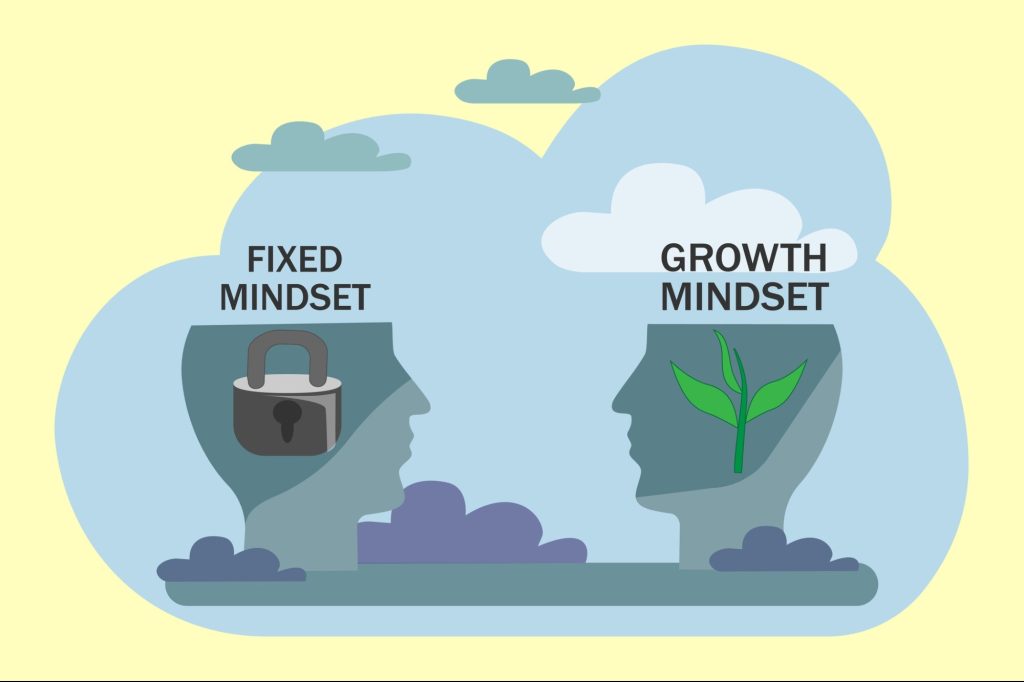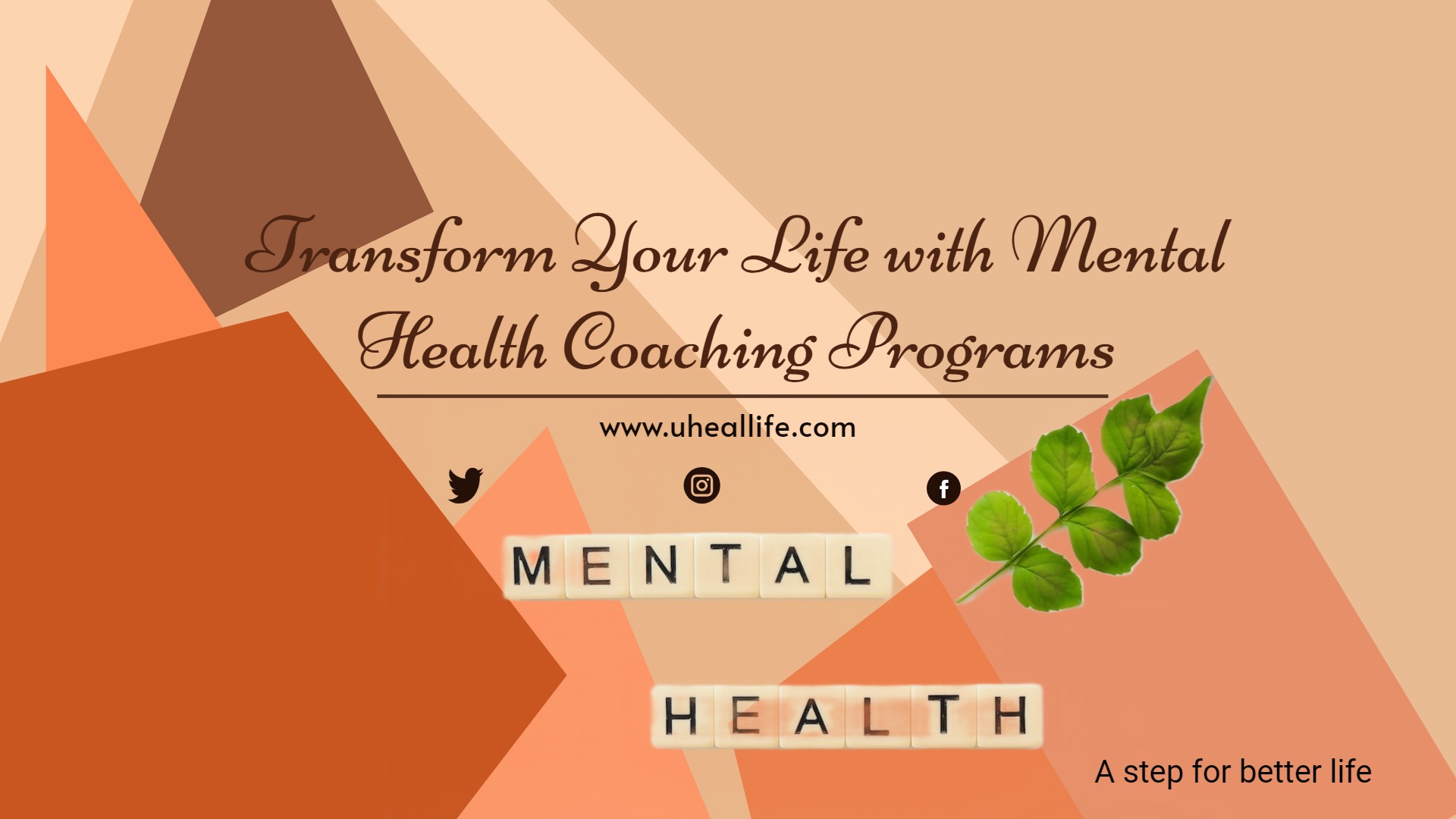Embracing Growth: Exploring the Differences Between Fixed Mindset and Growth Mindset
In the realm of personal development and success, two key mindsets often come into play: the fixed mindset and the growth mindset. These mindsets shape how we approach challenges, setbacks, and opportunities for growth. Understanding the differences between these mindsets can significantly impact our ability to learn, develop, and achieve our goals. In this blog post, we delve into the concepts of fixed mindset and growth mindset, exploring their characteristics and the effects they have on our lives.

Fixed Mindset: Stagnation and Limitations
A fixed mindset stems from the belief that our skills, abilities, and intelligence are fixed traits that cannot be changed or developed significantly. Individuals with a fixed mindset often avoid challenges, fearing failure and viewing it as an indication of their inherent shortcomings. They tend to stick to what they know, resisting stretching beyond their comfort zone. When faced with obstacles, they may become discouraged or give up easily. Feedback is seen as a personal criticism rather than an opportunity for growth.
Growth Mindset: Embracing Challenges for Personal Growth
In contrast, a growth mindset is based on the belief that our abilities can be developed with effort, perseverance, and the right strategies. Those with a growth mindset embrace challenges as opportunities for improvement and see setbacks as valuable learning experiences. They are motivated to put in the necessary hard work to achieve their goals. Feedback is regarded as constructive guidance, encouraging them to continuously develop and refine their skills and abilities. As a result, individuals with a growth mindset tend to achieve higher levels of success and personal fulfillment.
Cultivating a Growth Mindset: Strategies for Personal Development
Fortunately, our mindset is not fixed, and we can actively work to cultivate a growth mindset in our lives. Here are some strategies to foster a growth mindset:
- Embrace challenges: Seek out new opportunities that challenge you and push you out of your comfort zone. Embrace the process of learning and understand that setbacks and failures are natural steps on the path to improvement.
- Acknowledge effort and progress: Instead of solely focusing on outcomes, celebrate the effort, progress, and learning that come with every endeavor. Recognize that dedication and hard work contribute to growth and development.
- View criticism as an opportunity: Reframe feedback and criticism as valuable insights that can help you improve. Embrace constructive criticism as a chance to refine your skills and expand your knowledge.
- Set realistic goals: Establish realistic and achievable goals that motivate you to strive for continuous improvement. Break down larger goals into smaller, manageable steps to maintain momentum and stay focused.
- Surround yourself with supportive individuals: Surround yourself with people who encourage and inspire growth. Seek out mentors and role models who embody a growth mindset and can provide guidance and support along the way.
By embracing a growth mindset, we open ourselves up to new possibilities and unleash our full potential for personal development and success. Recognizing the differences between a fixed mindset and a growth mindset allows us to make conscious choices that lead to growth, resilience, and fulfillment in all aspects of our lives. Start cultivating a growth mindset today and embark on a transformative journey of learning, progress, and self-discovery












